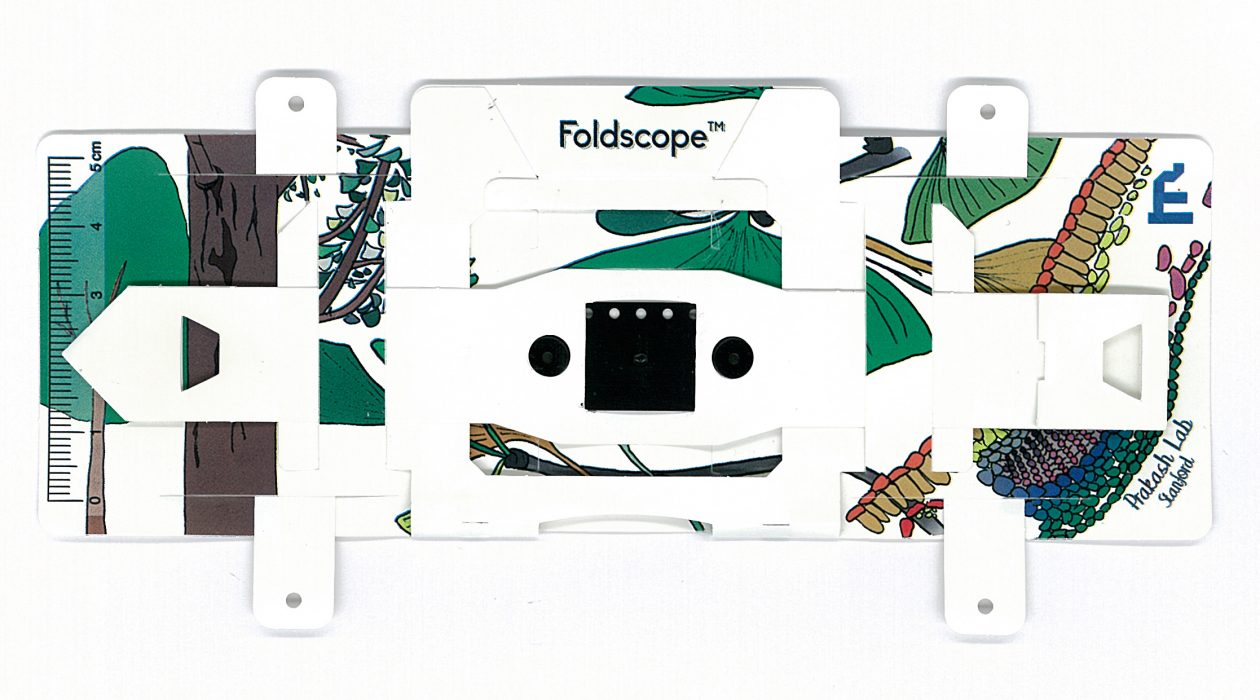Support frugal innovation
By Mathilde B.
— Apr 10, 2018

Navi Radjou is the theorist behind frugal innovation : rather than decreasing, he prefers the term Jugaad (“hack” in Hindi, doing more with less) which can be a source of innovation and even a better quality of life. The circular economy would be an initial prerequisite as the classic linear model demonstrates its limits on a daily basis. We live in an ecosystem in which everything is connected, as in nature. We need to understand how it functions to assess the degree of obsolescence of our old self-centred economic models. In America and in Europe, our concept of development and time is linear, whereas in the East it is, in contrast, cyclical.
In a forum for WeDemain on 5 March 2018, Navi Radjou expressed his delight at the rapprochement of Emmanuel Macron and the Indian Prime Minister Narendra Modi. He saw in it an opportunity to heal a fractured world by providing solutions to “problems without frontiers”: social inequality, climate change, chronic diseases, water shortages and food security. The path should thus be one of joint innovation by bringing together French and Indian engineers, scientists, entrepreneurs, designers, artists and business leaders.
One shining example of this in practice is the Steam School , the second edition of which took place in December 2017 in Mumbai and is one of these Indo-French initiatives: a 10-day programme organised annually jointly by the French Embassy and Interdisciplinary Research Centre, and a community fablab in Mumbai. The programme covers STEAM education (Science, Technology, Engineering, Art and Mathematics) with practical resolutions to problems based on the United Nations’ Sustainable Development Goals (SDGs). So many acronyms…
The participants were organised into teams with a mix of backgrounds (including inter alia architects, designers and engineers) and were tasked with coming up with solutions for India’s sustainable development goals. Functional prototypes were then produced. Some demonstrate the full potential of frugal innovation, namely responding in a simple and affordable way to major socio-economic and ecological problems:
- BAT is an inexpensive portable bracelet to make life easier and safer for the visually impaired: the device has a Six Axis feedback mechanism which alerts the user to obstacles by means of vibrations.
- The SADA kit to reduce health epidemics linked to defecation in the open air, as the inaccessibility of toilets is a crucial failing in India; the kit aims to improve the health, safety and dignity of women, and comprises various hygiene care components and a lightweight portable toilet.
- BIJLI, a device intended to make energy clean and accessible to all which can be attached to bicycles: it transforms the kinetic energy of the wheels into electric energy which can be stored in a battery – a real boon for the 300 million Indians who today live with little or no electricity.
- WASTED is a smart waste sorting bin which brings an element of fun into the classic “taking out the bin”, as India generates 100,000 tonnes of refuse every day, more than any other country.
This type of event promotes empathy and tolerance in the participants by seeking unity in a common aim. According to an Indian proverb 1 + 1 = 11, a synergetic formula which can be readily adapted to “bottom-up” collaborative initiatives such as the STEAM School.
The three pillars of Jugaad, namely: frugality, flexibility and inclusivity, in contrast to the old principles of “costly, elitist, closed” make it a forward-looking philosophy for Western businesses. They need to no longer “please themselves” but instead identify customers’ needs so as to respond precisely in a logic of Human Centric Design.



